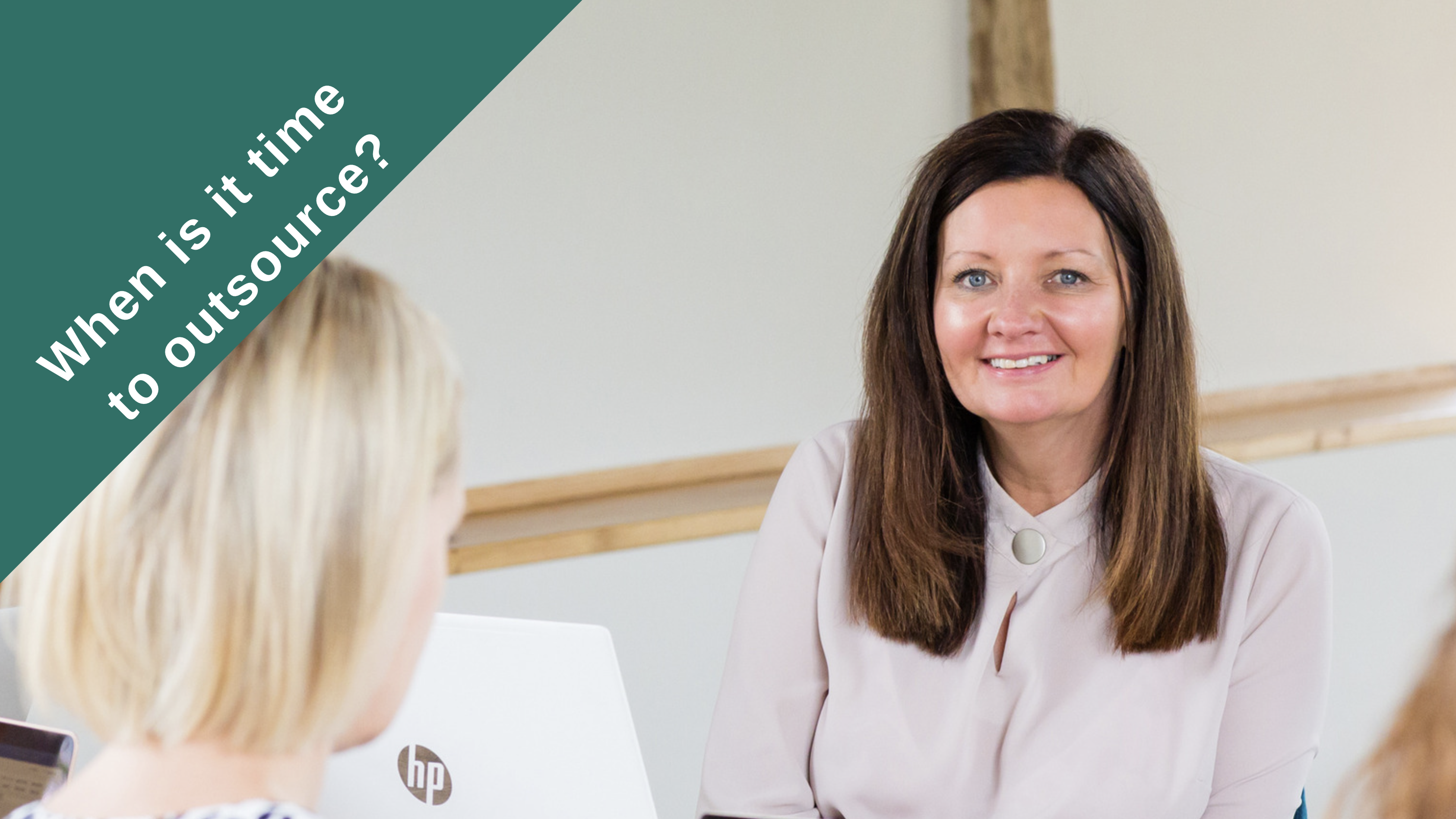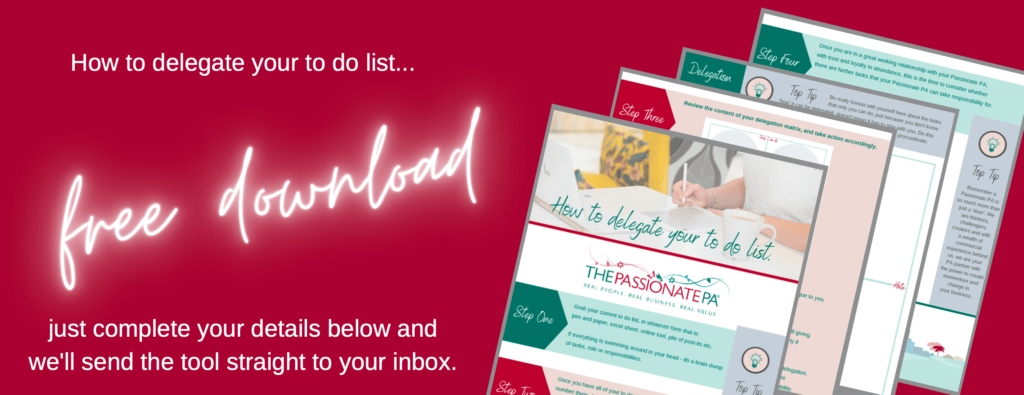
When asked how business is, we often respond with “busy”. We live in such a fast-paced world and it has become very easy to define our success by how busy we are – it has almost become a status symbol.
As business owners, being busy means that there is a lot going on. Work, and importantly money, is coming in which will keep everything moving forward.
Or will it?
In this blog, Steph Taylor provides her top tips for getting productive rather than busy!
Being busy doesn’t necessarily mean that you are being productive – it certainly doesn’t always correlate with the bottom line in our experience as freelance business support to entrepreneurs.
Being busy means that you don’t have much free time. You have a lot on your plate and, sometimes, might mean you are feeling overworked and overwhelmed.
However, productivity is all about being efficient and effective with both your time and resources. It’s about focussing on the things that will help you achieve your end goal (or big vision as we like to call it).
Being productive rather than busy is about prioritising your time, focussing on outcomes and eliminating distractions. The tips below can help you make some changes to work smarter, not harder.
9 tips for being productive and rather than busy:
TIP 1: Clarify your big vision
Write down what your ultimate goal is in business and identify the tasks and projects that are needed to get there.
TIP 2: Prioritise aligned tasks
Before you start your day, make a list of the task that align with your big vision. Focus your time and energy on them before moving on to less critical work.
TIP 3: Avoid multitasking
Multitasking is counterproductive as you end up juggling too many different things, splitting your attention and brain power. You are more likely to make mistakes or become overwhelmed and so you will then waste time fixing the issues or errors created.
TIP 4: Rhythm and breaks
Identify your ‘deep work/admin rhythm’ – for example, some like to do their most important work within 30 minutes of getting up and then have the morning on more administrative tasks. Some are night owls and like the peace of the evenings for deep work. Whatever rhythm is most productive for you, know it, understand it and harness it!
Taking breaks can make you more productive too. Your brain has a chance to rest and recharge, which can improve your focus and concentration when you return to work. It also helps when switching from one task to another.
TIP 5: Remove distractions
Distractions can be a significant barrier to productivity so you need to remove as many as you can. Turn off your phone, turn off email notifications or choose to work in a quiet space where you won’t be interrupted.
TIP 6: Reward productivity
You’ll know when you’ve had a productive day, it feels different from “busy”. Reward these by recognising them in your own mind or treating yourself to something special.
TIP 7: Say no
This can be a challenge for some but learning to say no is essential to maintaining productivity. Saying yes to everything will lead to overwhelm and overload. If a request doesn’t align with your big vision or personal rhythm just say no. It’s nowhere near as hard as you might think.
TIP 8: Focus on the outcomes, not the activity
Rather than focussing on completing tasks, think about the outcomes of those tasks. Ask yourself whether the outcome is truly driving your big vision, if not, why are YOU doing it? Does it need to be done at all?
TIP 9: Self-care
To stay productive, it is essential that you look after yourself. Healthy habits will take care of your body and your mind. Sleep, good nutrition, hydration and exercise are a great place to start. You will then have the energy and focus you need to be successful and productive.
You can find out more about Steph by clicking here!
Further blogs from The Passionate PA:









